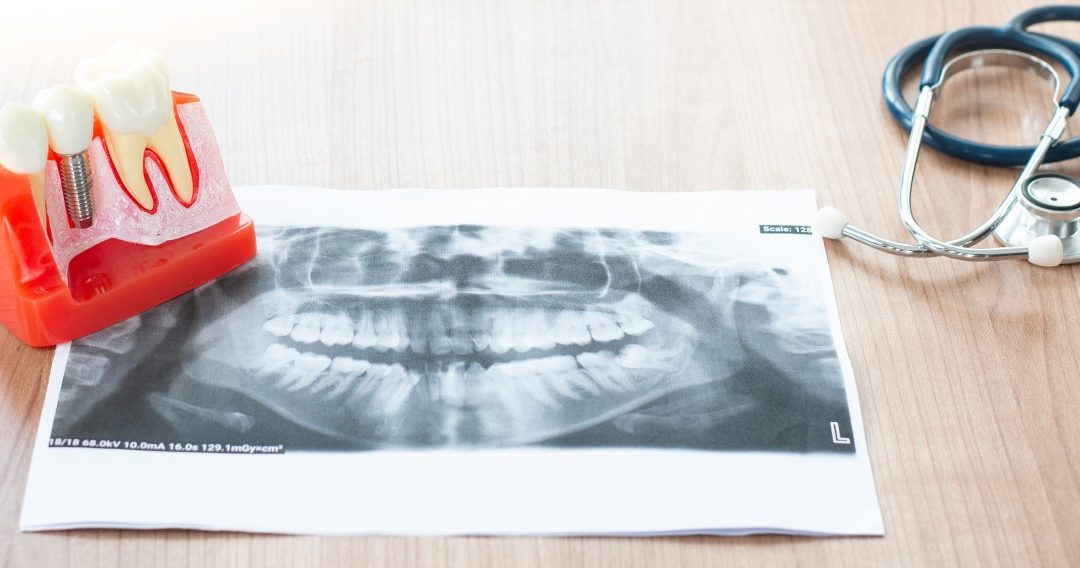For many, the thought of just going to the dentist for a regular checkup and cleaning is enough to set them a little on edge. For those considering oral surgery, like dental implants, it can be paralyzing. If this sounds like you or someone you know, don’t let fear be your guide. Dental implant surgeries are becoming more and more common, now being performed millions of times in the United States each year. The process is safe, recovery is manageable, and the benefits are many. Below are a few things you should know about dental implants.
Dental Implant Anatomy
No doubt one of the first things to come to mind when one hears “dental implants” are those shiny little metal posts no one will actually ever see. The fact they look so foreign compared to the replacement teeth they’ll support might be one reason the mind immediately jumps here. The much more likely reason is that this piece is, in fact, the implant part of “dental implant.” That is, it’s the scary bit.
This piece, called the post or base, is usually made of titanium and will permanently fuse with the jawbone. The replacement tooth, typically made of ceramic, like the standard dental crowns you might be more familiar with, is then attached to the base using another metal piece called a connector.
Process of Getting Dental Implants
The dental implant process varies depending on several factors. Unfortunately, not everyone will be a good candidate for the procedure. One of the most important factors hinges on the health of a patient’s jawbone. The implant actually fuses with the bone itself, ensuring the replacement isn’t going anywhere. This carries the added benefit of keeping the patient’s bone structure intact. Without it, the jawbone will eventually shrink and collapse, making the chin and mouth appear sunken in. This is what happens with the use of standard removable dentures.
If the jawbone isn’t healthy enough, bone grafting will be necessary, adding another surgical step to the process. Since bone deterioration occurs over time, the longer a tooth has been missing, the more likely it is a bone graft will be required. If the tooth that will be replaced is still inside the mouth and needs to be extracted, this will have to be done first. Something the implant can be placed at the same appointment, but occasionally a bone graft will need to be done and the implant will be placed later.
Dental Implant Options
Regardless of whether bone grafting or extractions are needed, the surgical and healing process can take several months. The same is true for whether someone is in need of a single tooth replacement or many. The following is a summary of implant treatment options:
Single tooth replacement
In this scenario, the implanted post will act as the root for the replacement tooth. The dentist will cut open a section of the gum to gain access to the bone. The post will then be implanted into the bone and the patient sent on their way until the bone has healed and fused around the implant. While a gap remains at the surgical site until the patient returns for the second surgery, a temporary tooth can be worn until then.
Multiple tooth replacement
Dentists can use a bridge to replace several teeth in a row, removing the need to have an individual post implanted for each replacement tooth. It follows the same idea as a traditional bridge, which uses two crowns located on either side of the missing tooth location to hold in a replacement. Now say you were missing three teeth in a row. Instead of needing a post for all three, posts are implanted for the two missing outside teeth. When the patient returns to have their replacement teeth implanted, they will receive a bridge with a third replacement tooth located in the center. Since it’s seamlessly sandwiched between the other two teeth, a post isn’t necessary to hold it in place.
Implanted dentures
This is the best option for patients needing most of or all their teeth replaced. Posts are strategically implanted to hold in the denture, whether that’s along the top or bottom of the mouth, or both. A person’s current denture can be modified so it can be affixed to the posts.
General Dentistry Offering Dental Implant Services in the Knoxville Area
Dental implants are the best replacements for your actual teeth. At University General Dentists, we understand this decision can seem arduous, painful and expensive. We can help guide you throughout the entire process. University General Dentists is directly affiliated with the University of Tennessee Medical Center and offers a full range of services and treatments using the latest in dental technology. We have two offices located in Knoxville: one on Alcoa Highway and one on Kingston Pike in West Knoxville. You can contact us today online. You can also call our Alcoa Highway office at 865-305-9440, or our Kingston Pike location at 865-500-5700.

